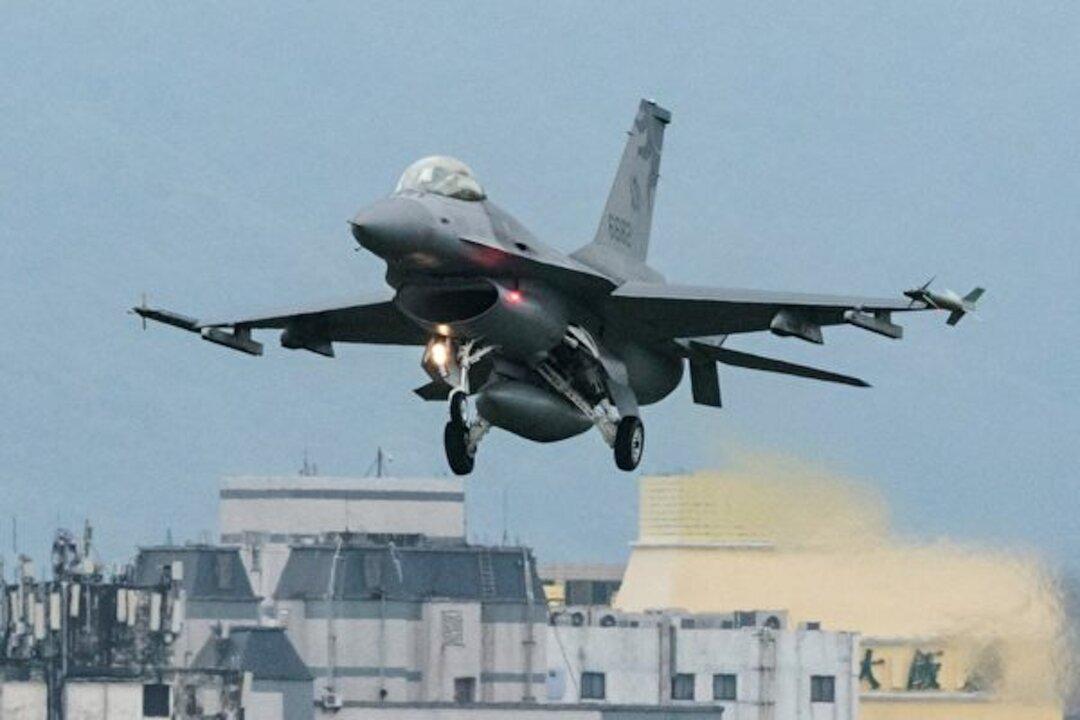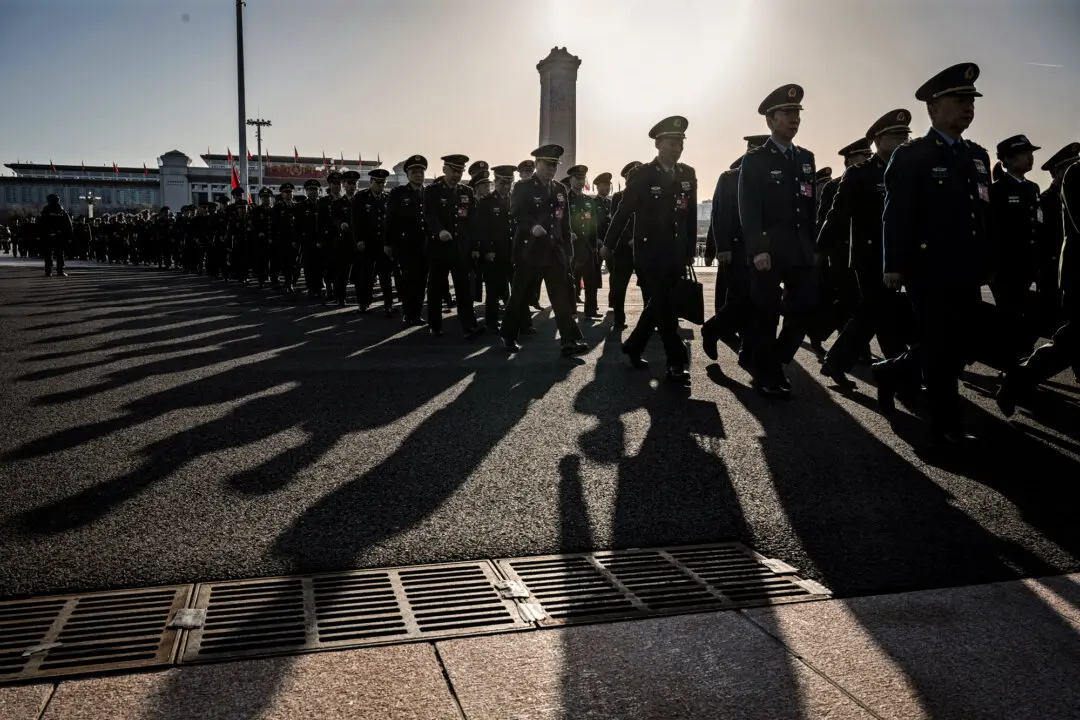The U.S. Defense Security Cooperation Agency (DSCA) announced the latest arms sales to Taiwan on June 5, which are valued at a combined $300 million.
The U.S. State Department approved the arms sales under two foreign military sales agreements, the DSCA said in statements. The sales are in response to Taiwan’s request to buy standard (valued at $220 million) and nonstandard ($80 million) spare and repair parts, consumables, accessories, and technical and logistics support services for F-16 fighter jets from the U.S. government.




